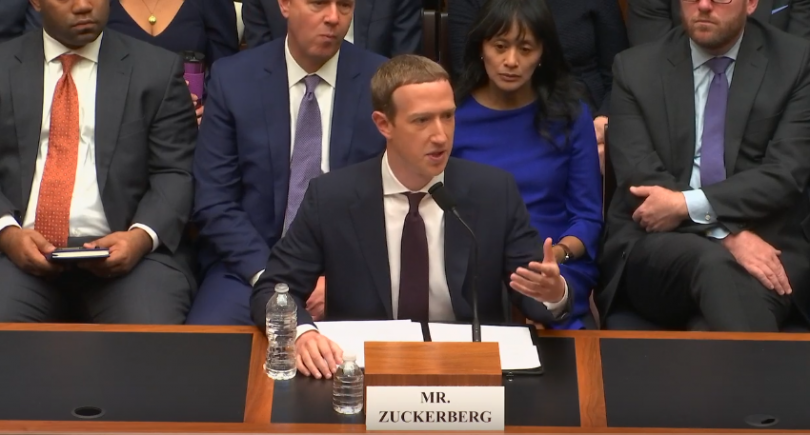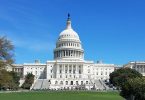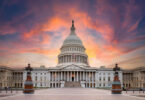Yesterday, Facebook CEO Mark Zuckerberg testified in front of the US House Committee on Financial Services on Libra and how big tech companies are affecting global finance. Though the six-hour hearing mainly focused on the platform’s political ad rules and privacy controversies, ahead of next year’s election, many questions on regulating the firm’s cryptocurrency were asked.
Libra vs China’s CBDC
A topic that came up frequently was China’s central bank digital currency (CBDC), which we think is bolstering the nation’s attempt to challenge the dollar. Zuckerberg mentioned the ‘digital Renminbi’ multiple times as an example of why innovations, like Libra, should be allowed to launch. He first brought this up at his testimony.
“While we debate these issues, the rest of the world isn’t waiting. China is moving quickly to launch similar ideas in the coming months,” he said. He, too, linked the upcoming digital currency to China’s Belt and Road initiative.
However, Zuckerberg and members of Congress failed to mention that the Libra announcement spurred China to accelerate their CBDC efforts. The central bank’s Mu Changchun even released a training course on Libra, warning of its potential effects. But the hearing didn’t come to a conclusion on the topic.
The Facebook head appeared to be swapping the notion around; saying that Libra shouldn’t be delayed so it can compete with China’s project.
The Libra Basket
Zuckerberg reiterated that Libra will be “fully backed by a reserve of cash [mostly dollars] and other highly liquid assets.”
Congresspeople, including Congressman San Nicolas, pointed out that if backed by a basket, Libra would struggle to deliver on its promise of one-to-one exchange with the dollar. But if just backed by the dollar, then it wouldn’t have the international reach Facebook planned from the beginning.
Congressman French Hill used the recent G7 report on stablecoins as an example of the regulatory concerns Libra would face. He asked if it would be easier whether Libra was simply a ‘digital dollar’ like David Marcus is considering?
“The [Libra] community is split on this point,” said Zuckerberg, adding it would be simpler for regulatory reasons but not for global use.
Decentralized?
Currently, as David Marcus has stated, the underlying ‘blockchain’ nodes are run privately by members of the Libra Association. So, it’s not really decentralized. In fact, Zuckerberg said yesterday that Libra was an “alternative” to that, and being a big tech company, “we aren’t going to do something decentralized.”
This means people have to trust the Association, rather than trust being in the blockchain itself, like with public versions.
But, as the hearings yesterday showed, it’s difficult to separate Facebook and its previous actions from its subsidiary, Calibra, and the Libra Association.
Congressman Gonzalez stated that “public, permissionless blockchains can change the world”, asking whether Zuckerberg was considering moving to a permissionless network over time. “That’s the aspiration,” the Facebook head replied.
Gonzalez continued, pointing out that at launch Libra would be “not public, or decentralized. [So] I don’t trust it, so I think you should work on decentralizing.”
The Congressman added that he agreed the Chinese CBDC was worth thinking about but said Facebook shouldn’t be the one to compete against it.
Indeed, French Hill and fellow Congress member Bill Foster wrote to the Federal Reserve last month, urging it to explore digital currencies to avoid falling behind. It read: “The Facebook/Libra proposal, if implemented, could remove important aspects of financial governance outside of US jurisdiction.”
The general attitude towards Libra in Congress has not changed, though a few members supported the project and saw the hearing as an attack on innovation. Partly because of the lack of clarity on regulating digital currencies. Mark Zuckerberg concluded that Libra would not go ahead without the approval of US financial regulators.






